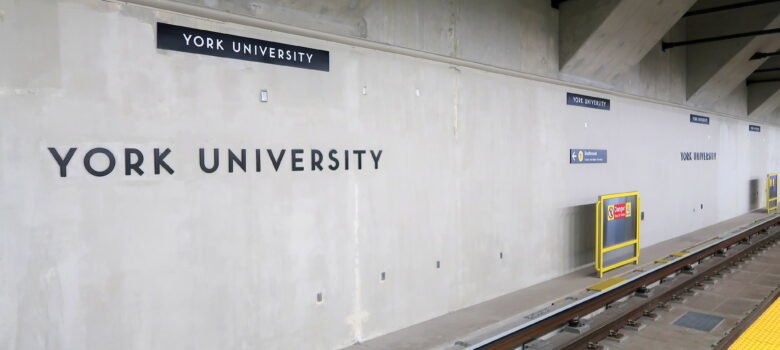We thank Professor Michael Geist for sharing this analysis of the York University v. Access Copyright decision, cross-posted from his website where it was made available under a CC BY 2.5 CA license.

The Federal Court of Appeal delivered its long-awaited decision the York University v. Access Copyright case yesterday, setting aside the lower court ruling that I had described as “a complete victory” for Access Copyright. The latest ruling will not leave York University and the education community completely happy given the court’s fair dealing analysis, but winning on the mandatory tariff issue removes both the threat of mandated payments to Access Copyright as well as the possibility of a copyright infringement lawsuit by the copyright collective. That represents an enormous win both for York and for a fair approach to copyright licensing that ensures users have licensing choice.
Access Copyright quickly claimed the decision was a “mixed outcome”, but losing on the mandatory tariff issue eliminates its ability to force the education community to enter into its licence. The copyright collective has spent much of the past decade lobbying the Canadian government to reverse the 2012 copyright reforms that added the education purpose to fair dealing. That approach was rejected by the Government’s copyright review, which opened the door to a further expansion with a “flexible fair dealing” model. But the real story of education and copyright in Canada for the past twenty years has been the string of appellate decisions that have largely unravelled the legal underpinnings of the Access Copyright model. The Supreme Court’s CCH decision brought user rights and an emphasis on fair dealing. The Access Copyright v. Alberta decision ended the claim that there was a meaningful distinction between student copying and teachers’ copying for students. This latest decision addresses the mandatory tariff issue, confirming that educational institutions can opt-out of the Access Copyright licence as appropriate and that any claims of infringement will be left to copyright owners to address, not Access Copyright.
To be clear, the decision does not mean that there is no compensation for authors and publishers nor that their copyrights are unenforceable. Copyright law still grants them exclusive rights over their works subject to users’ rights such as fair dealing. This right includes the ability to pursue infringement claims backed by statutory damages. Rather, users have choice in how they obtain the necessary rights for the works they use. Access Copyright has long claimed there was effectively no choice as its approach was mandatory once copying was captured by the licence. This decision canvasses decades of legislative history to conclusively demonstrate that this was never the case. Instead, the Access Copyright licence – even once certified by the Copyright Board – is an option available to users. However, educational users today have a wide range of alternative options including site licensing, open access materials, transactional licences, and fair dealing. Many institutions now use a combination of these paid and unpaid approach as a better approach.
Where does that leave Access Copyright? The copyright collective must compete in the market by offering a compelling value proposition to potential licensees, who will compare the Access Copyright licence to the other available licensing options. If authors or publishers believe that that licensing still leads to infringement, they – not Access Copyright – are entitled to pursue statutory damages in court.
Read the rest of Professor Geist’s analysis of the case and the court’s discussion of the mandatory tariff and fair dealing issues here.
Discover more from Authors Alliance
Subscribe to get the latest posts sent to your email.
